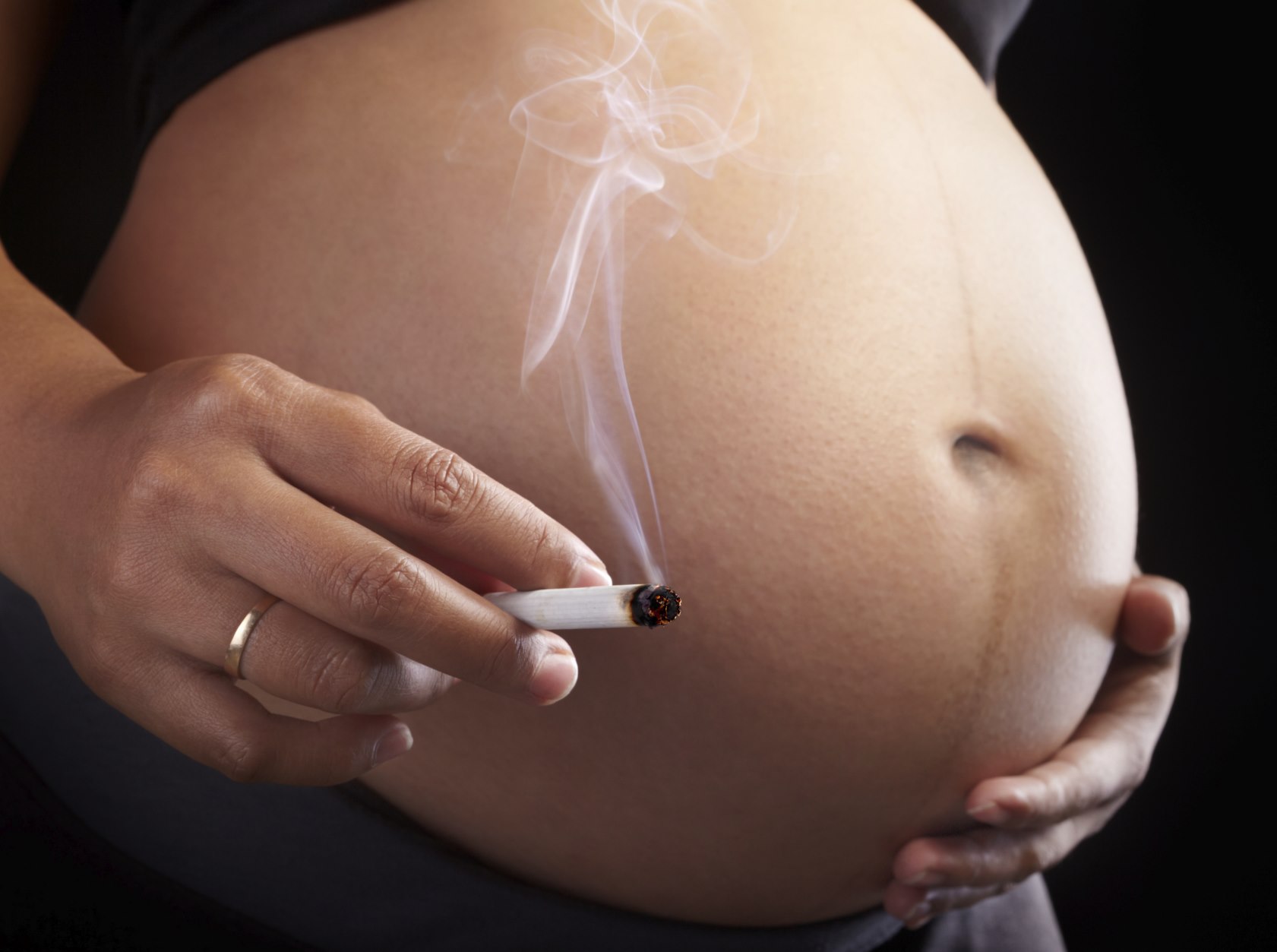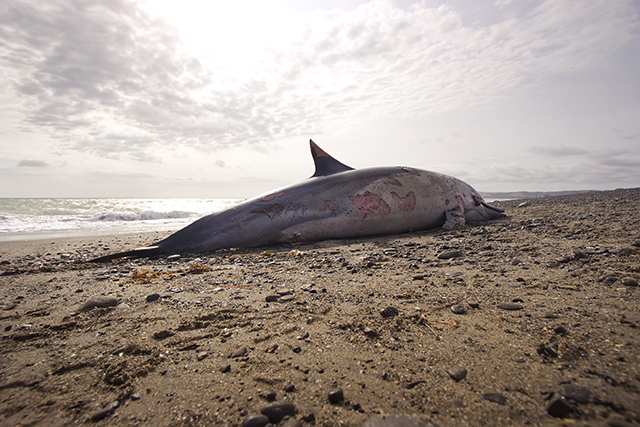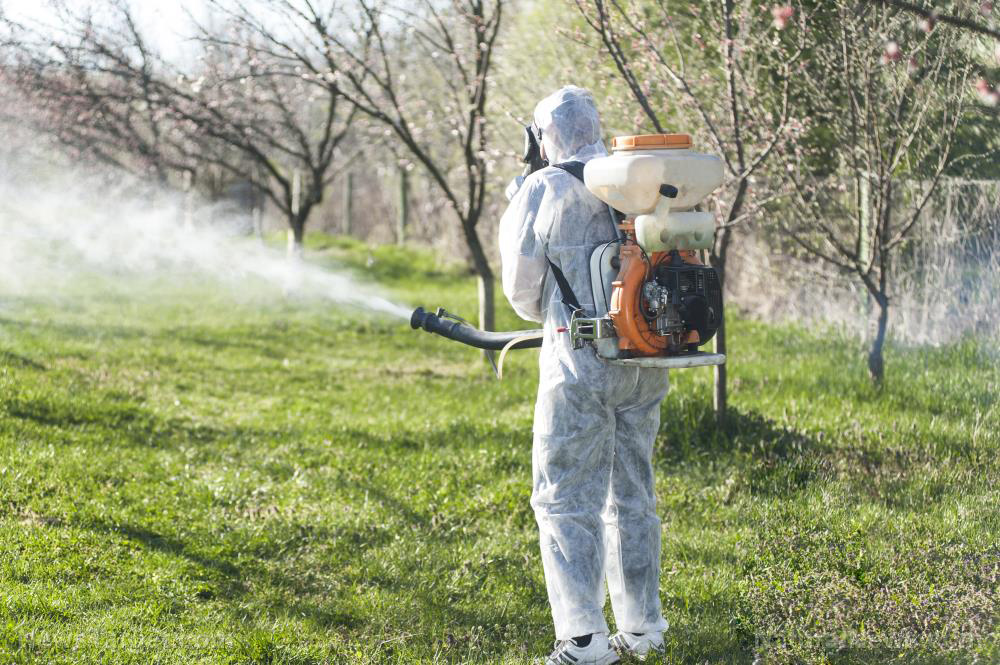Can air pollution negatively affect the growth of an unborn child?
11/30/2019 / By Melissa Smith

Exposure to polluted air is harmful to everyone, especially for babies who are still in the womb of their mothers. A review published in the journal Environmental Research revealed that exposure to nitrogen dioxide can affect the growth of an unborn baby during the last few weeks of pregnancy. Pregnant women exposed to high levels of this air pollutant may give birth to babies with smaller heads.
Nitrogen dioxide (NO2) is a chemical mainly produced by vehicle emissions. It can also be present indoors from cigarette smoke or butane and kerosene heaters and stoves. (Related: Unprecedented science study proves that air pollution can negatively affect babies while in the womb.)
For the review, researchers at the University of Aberdeen in the U.K. looked at over a decade’s worth of scientific evidence from around the world to measure the effects of mothers’ exposure to everyday substances, including air pollutants, alcohol, and diet on the size of the unborn baby. These were measured through ultrasound from halfway through the pregnancy onward.
The studies in the review date back 13 years, when the first studies linking exposure to fetal measurements were first published. Seven studies from different countries, including the U.S., Australia, and several European countries measured air pollution which was linked to fetal size.
However, in all the studies, evidence showed that in the third trimester, exposure to NO2 reduced fetal growth. This can increase the child’s risk of heart disease, Type 2 diabetes, and asthma.
“Our research has shown that the link between exposure and fetal growth is apparent well before birth, so any potential interventions need to happen in the early stages of pregnancy,” said Professor Steve Turner, the lead author of the study.
Turner and his team suggested that their findings indicated that public health measures are needed immediately to reduce the exposure of pregnant mothers to NO2.
Other effects of air pollution exposure during pregnancy
Researchers all over the world have studied how air pollution affects pregnancy for years now. Here are some other consequences that researchers have found:
- Low birth weight – Normally, babies born at 38 to 40 weeks weigh about six to nine pounds. However, due to exposure to air pollution during pregnancy, some babies are born below five pounds eight ounces, which is considered below normal birth weight.
- Premature birth – Researchers at the University of York in the U.K. found that about three million babies are born prematurely every year because of air pollution exposure. Babies born prematurely are at a greater risk of developing neurological problems and permanent physical disabilities.
- Autism – Women exposed to high particulate matter and other pollutants during their third trimesters were more likely to give birth to a child with autism, according to a Harvard study.
- Asthma – Pregnant women who suffer from asthma should learn how to reduce their exposure to air pollution, which can worsen their condition. Asthma can cause preeclampsia, which is a condition that causes high blood pressure and reduced function of the liver and kidneys. In addition, air pollution exposure during pregnancy can increase the child’s risk of developing asthma later in life as particulate matter can breach the placenta.
- Fertility problems – Numerous studies also showed that air pollution contributes to lower fertility rates in men and women. It can also lead to miscarriages.
Exposure to air pollution is something you can avoid or minimize. To reduce your exposure to air pollution, you can get an air purifier, place air-purifying plants inside your home, and avoid using contaminants such as hair spray and paint as much as possible.
Sources include:
Tagged Under: air pollutants, asthma, autism, babies, car emissions, child health, children's health, fetal growth, Infants, low birth weight, maternal exposure, mothers, nitrogen dioxide, particulate matter, pollutants, pregnancy, pregnant women, premature birth, research, stop smoking, toxins, vehicle emissions
RECENT NEWS & ARTICLES
COPYRIGHT © 2017 ENVIRON NEWS



















